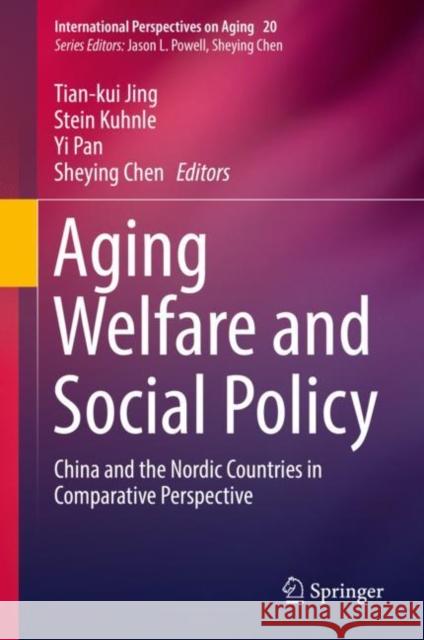Aging Welfare and Social Policy: China and the Nordic Countries in Comparative Perspective » książka
topmenu
Aging Welfare and Social Policy: China and the Nordic Countries in Comparative Perspective
ISBN-13: 9783030108946 / Angielski / Twarda / 2019 / 245 str.
Kategorie:
Kategorie BISAC:
Wydawca:
Springer
Seria wydawnicza:
Język:
Angielski
ISBN-13:
9783030108946
Rok wydania:
2019
Wydanie:
2019
Ilość stron:
245
Waga:
0.54 kg
Wymiary:
23.39 x 15.6 x 1.6
Oprawa:
Twarda
Wolumenów:
01
Dodatkowe informacje:
Wydanie ilustrowane











